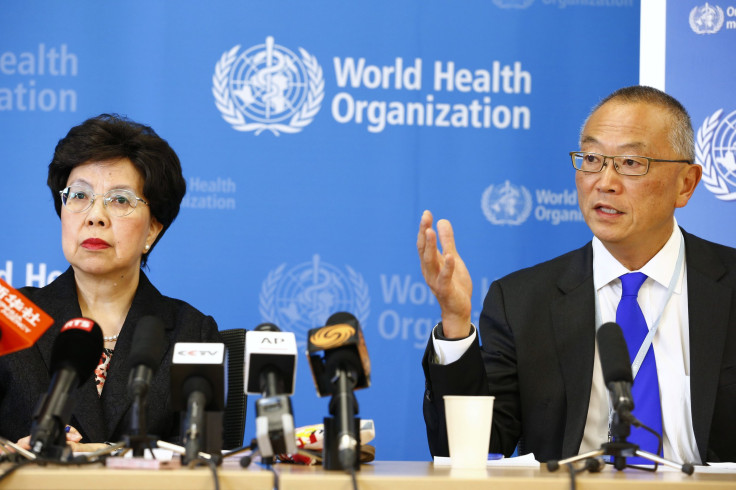Ebola Is Now A Global Health Emergency, WHO Calls For 'Coordinated International Response'

The World Health Organization, or WHO, on Friday declared that the Ebola outbreak in West Africa, which is the deadliest on record, constitutes an “extraordinary event” and is an international public health emergency requiring a “coordinated international response.”
“The possible consequences of further international spread are particularly serious in view of the virulence of the virus, the intensive community and health facility transmission patterns, and the weak health systems in the currently affected and most at-risk countries,” WHO said, in a statement released Friday. The WHO decision comes after a two-day emergency session on Ebola held in Geneva.
Margaret Chan, the WHO Director-General, said at a press conference in Geneva that the affected countries, including Liberia, Nigeria and Sierra Leone, “simply do not have the capacity to manage an outbreak of this size and complexity on their own,” according to media reports.
WHO Emergency Committee: #Ebola outbreak in West #Africa constitutes an ‘extraordinary event’ & a public health risk to other countries
— WHO (@WHO) August 8, 2014"I urge the international community to provide this support on the most urgent basis possible," she said.
Although WHO cautioned against a “general ban on international travel or trade,” it said that all countries should provide relevant information, including “risks, measures to minimize those risks, and advice for managing a potential exposure,” to people travelling to Ebola-affected regions.
“States should be prepared to detect, investigate, and manage Ebola cases; this should include assured access to a qualified diagnostic laboratory for EVD (Ebola Viral Disease) and, where appropriate, the capacity to manage travellers originating from known Ebola-infected areas who arrive at international airports or major land crossing points with unexplained febrile illness.”
WHO also said that all people arriving from Ebola-affected countries should be screened for illness, and that “any person with an illness consistent with EVD should not be allowed to travel unless the travel is part of an appropriate medical evacuation.”
932 people have died in the current Ebola outbreak and nearly 1,200 people have been infected in nations across West Africa. Sierra Leone, Liberia and Nigeria, which are the worst-affected countries, have already declared a state of emergency to deal with the viral outbreak.
© Copyright IBTimes 2024. All rights reserved.






















